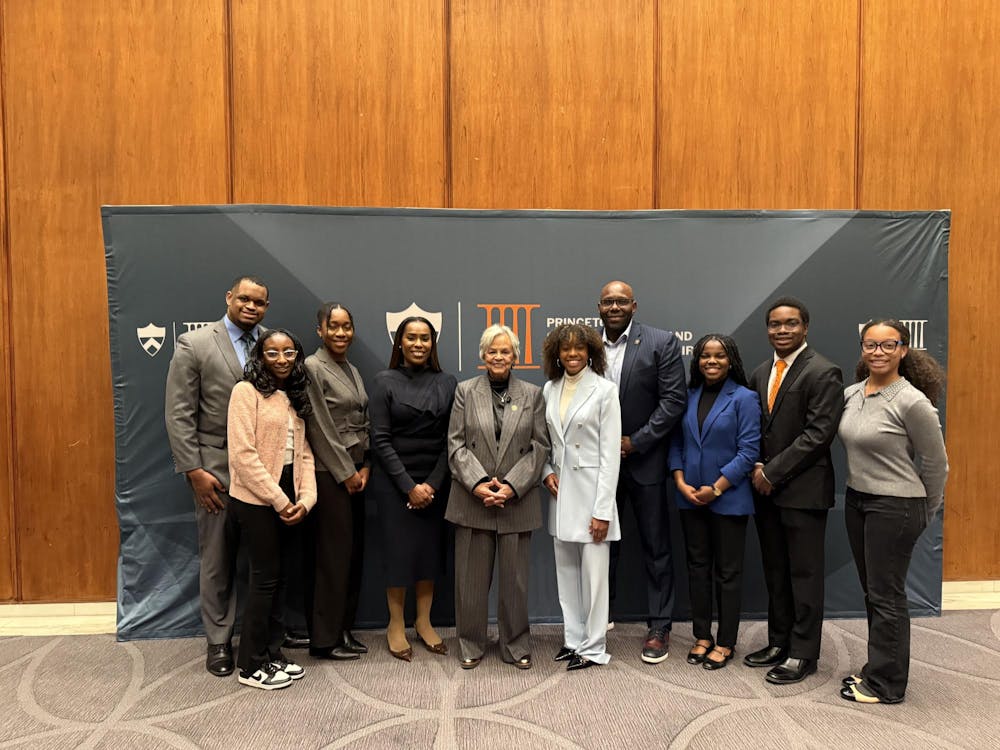Christiane Fellbaum of the University psychology department was one of 14 recipients of the prestigious Humboldt Foundation's Wolfgang Paul prize earlier this month.
The Paul prize is "the most valuable award in the academic history of Germany," University physics professor Elliott Lieb said.
Fellbaum will study the lexicon and lexical semantics.
"I am interested in the meanings of words, how these meanings are reflected in the syntactic behavior of the words and how the meanings of different words interrelate within the whole of the lexicon," she said.
Winners use the money over three years to carry out projects at various institutions in Germany. "Its goal," Fellbaum said, "is specifically to attract foreign scientists to start collaborations with German scientists."
Altogether, 70 researchers from 23 countries were nominated for the award. Fellbaum is one of eight winners from the United States and one of two winners from the humanities and social sciences. The others are natural scientists. She is also the only female winner.
"We are giving this award in honour of academic achievement at an internationally excellent level," foundation president Wolfgang Fruhwald said on the foundation's website. "In this way, the best brains from abroad can pursue their research projects, free from administrative red-tape, while, at the same time, building up their own working groups with highly qualified younger academics in Germany."
The award is named after Wolfgang Paul (1913-1993), a pioneer in atomic physics. Paul won the Nobel Prize for physics in 1989 and was the third president of the foundation. A leading organization supporting top-rank foreign academics, the foundation enables more than 1,800 researchers from around the world to work in Germany each year.

The prize money comes from the German government's sale of mobile telephone licenses last year. Much of the profit was channeled into scientific research programs. Fellbaum received 3.1 million deutsche marks — or about $1.4 million — for three years, which includes the equivalent of the salary of a full professor plus money for collaborators and equipment. Amounts received varied depending on the nature of the recipients' projects.
Fellbaum has been a guest researcher at universities in France, Germany, Portugal and the United States.
In Germany, she will work at the Berlin-Brandenburg Academy of Sciences, home of the Digital Dictionary of the German Language.
"What is exciting about the project is that the academy has already built a huge online text collection with texts spanning the entire 20th century," she said.

Fellbaum will spend a few weeks next year in Berlin and remain in close contact with her Berlin colleagues as they plan their work.







